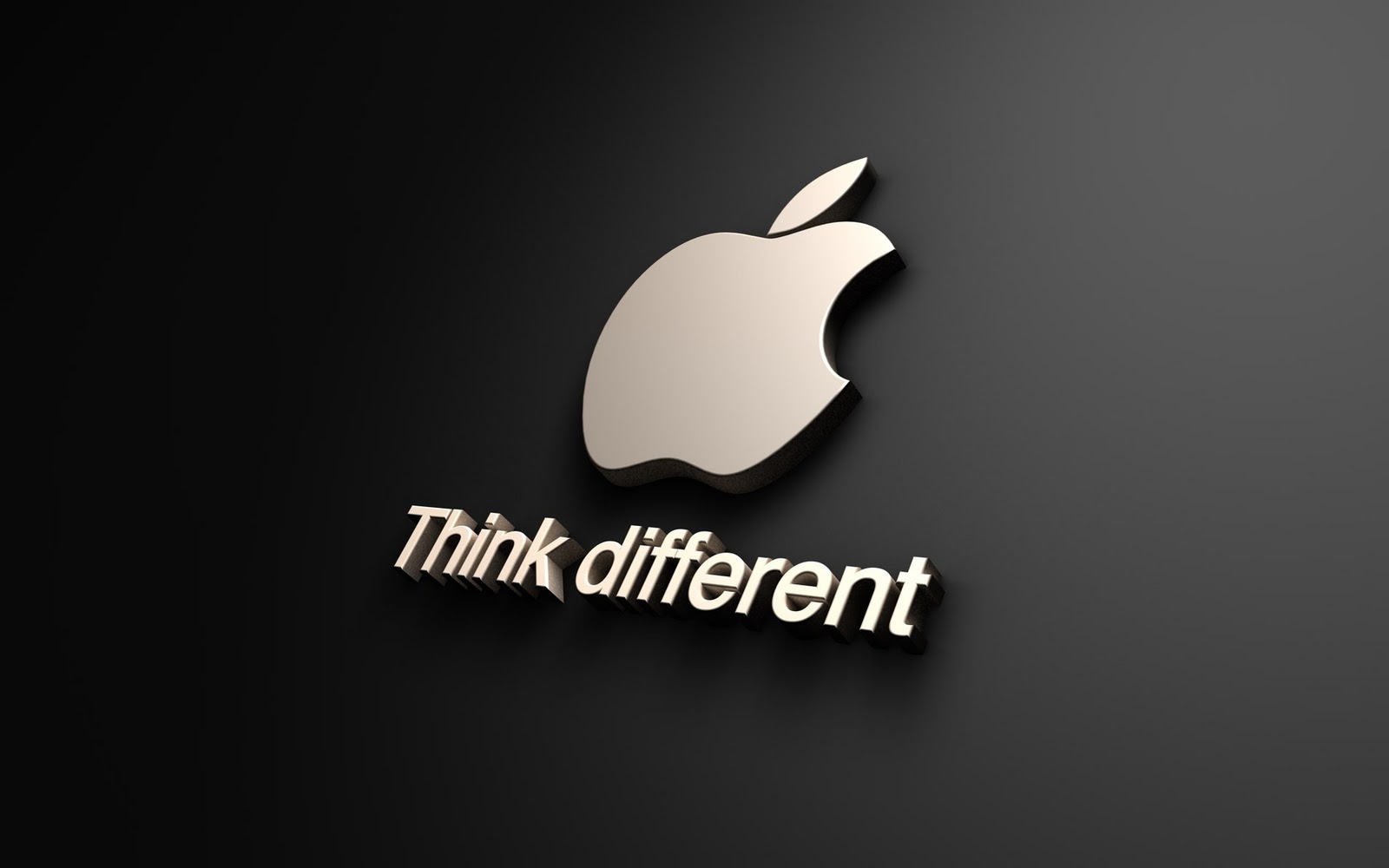Don't sell Apple watches to teens on Facebook

By Bloomberg
Teenagers are looking forward to the Apple Watch about as much as they wanted a U2 album forcibly included in their music libraries. They are also dropping off Facebook at an alarming rate. The findings by investment bank Piper Jaffray is a gentle reminder that many of today's digital business models will stop working when Generation Z comes into its own.
Piper Jaffray conducts its Taking Stock with Teens surveys semiannually. The Fall 2014 one, based on the responses of 7200 U.S. teens, average age 16. These teens love Apple: 67 percent of them own an iPhone compared with 61 percent in the spring wave, and 73 percent expect their next phone to be an iPhone. Among tablet owners, 66 percent have an iPad. Android is losing popularity: only 19 percent want their next phone to run it, down from 24 percent in April.
Yet only 16 percent would be interested in buying an Apple Watch for $350.
These are not poor kids: 2,200 of those asked have an average household income of $109,000 and the rest are close to the middle of the U.S. income distribution, with a $56,000 household income. They are not put off by the price tag: They just don't understand why they need a watch of any kind, even one made by a company they know and respect. In 2012, a study showed only 32 percent of millennials wear a watch all the time, though 71 percent own one. That was the previous generation, born in the 1980s and 1990s. Z-ers, born since the late 1990s, use a phone for most things, including telling time and showing off.
The Piper Jaffray study shows the most popular watch brand among them is Rolex, not that they actually own one or want to.
Piper Jaffray says the relative lack of interest in an Apple Watch among this age group supports its cautious projection of the gadget's 2015 sales -- a mere 10 million units. That volume would still make billions of dollars for Apple, but the company clearly faces an uphill battle for the younger consumers with its long-awaited product.
If it wants to advertise to them, Apple shouldn't use Facebook: Soon, there won't be many of them left on the social network. In the spring, 72 percent of teens used it. Now, only 45 percent say they do. This is definitely not a statistical quirk: Other major networks have mostly held their own, and Instagram has jumped from 69 percent to 76 percent. Mark Zuckerberg's foresight in buying Instagram has proved amazingly precise: 38 percent of teens say Instagram would be the best marketing channel to reach them.
Facebook, however, isn't really monetizing Instagram yet. "We're starting slow," a notice on the service's website tells potential advertisers. "We'll let you know when we're ready to expand to more ad partners." Perhaps once Instagram becomes as cynically ad-infested as Facebook, with its self-launching videos and questionable experiments on users, Generation Z will also vote with its feet. These social network users are more reticent than social networks' early adopters: They are unwilling to give up as much personal information, and in many cases they'd rather stay anonymous.
According to a report in The New York Times yesterday, Facebook is working on a new mobile app that would allow anonymous and pseudonymous interaction. That probably has less to do with the recent scandal involving drag queens and transgenders unwilling to use their legal names on the network than with a general move away from heedless personal data sharing.
That, however, will undermine the currently dominant advertising-driven model for most "free" services. It is now based on collecting as much data about users as possible and following them everywhere they go. The new generation of consumers isn't going to allow it.
And then how will Apple sell them on a product category that, to them, doesn't even exist?
Being a bank, Piper Jaffray draws immediate conclusions from it about buying and selling stocks: Stock up on organic food producers, buy Apple (because of the phones, not the watches) and Facebook (because of Instagram, not the main service). In a few years' time, however, today's big companies run by 30-year-old (not to mention 50-year-old) dinosaurs may not have relevant products or commercial mechanisms for their changing target audience.
Here we are to serve you with news right now. It does not cost much, but worth your attention.
Choose to support open, independent, quality journalism and subscribe on a monthly basis.
By subscribing to our online newspaper, you can have full digital access to all news, analysis, and much more.
You can also follow AzerNEWS on Twitter @AzerNewsAz or Facebook @AzerNewsNewspaper
Thank you!
